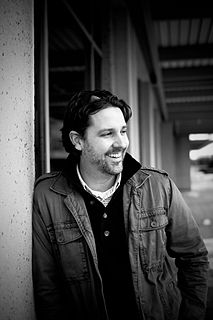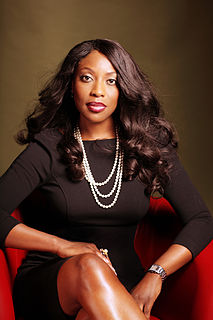A Quote by Garry Winogrand
Photos have no narrative content. They only describe light on surface.
Related Quotes
Show us 14 photos of yourself and we can identify who you are. You think you don't have 14 photos of yourself on the internet? You've got Facebook photos. People will find it's very useful to have devices that remember what you want to do, because you forgot... But society isn't ready for questions that will be raised as a result of user-generated content.
...what I enjoy in a narrative is not directly its content or even its structure, but rather the abrasions I impose upon the fine surface: I read on, I skip, I look up, I dip in again. Which has nothing to do with the deep laceration the text of bliss inflicts upon language itself, and not upon the simple temporality of its reading.
There are certain conceptual powers in this project, like the relationship of glass to sand, and the idea of putting glass back into the earth, which is where it comes from, which are related to the whole concept of I Am. So there's that one below-surface idea, and then there's these other practical and more pragmatic ideas about how the light functions and the geometry and mathematics behind the reverberation of light from the surface outward.
There is this looking at the world as shapes and patterns and colors that have meaning, and you can't deny the superficial because the superficial is what meets the eye. The content can never be disconnected from the surface, and this active interest in surface can never be disregarded from the good art that we admire.
But I have a problem with the term 'light'. I never in my life knew what to do with that. I know that people have mentioned on some occasions that 'Richter is all about light', and that 'the paintings have a special light', and I never knew what they were talking about. I was never interested in light. Light is there and you turn it on or you turn it off, with sun or without sun. I don't know what the 'problematic of light' is. I take it as a metaphor for a different quality, which is similarly difficult to describe. Good.
Infrastructures of power always inhabit the surface of the earth somehow, or the skies above the earth. They're material things, always, and even though the metaphors we use to describe them are often immaterial - for example, we might describe the Internet as the Cloud or cyberspace - those metaphors are wildly misleading.


































